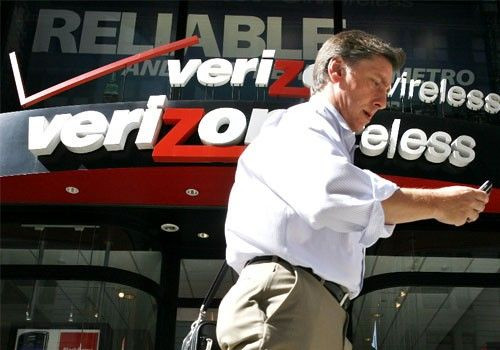Verizon Sues Premium SMS Fraud Conspirators, Offers Refund

Verizon Wireless said it has filed a lawsuit federal district court in Phoenix outlining an ongoing scheme that used Premium SMS campaigns to defraud Verizon Wireless and its customers.
The company, which has asked the Court for an injunction to put an immediate stop to the activities, is offering refunds for the affected customers and providing assistance through a specific website set up for this purpose.
The Texas Attorney General also filed a similar suit against the same defendants on Monday, Verizon Wireless said.
The suit names Jason Hope and Wayne P. DeStefano and companies they own, including Cylon, Jawa and EyeLevel Holdings among others, and asks for an immediate injunction to stop these companies from further defrauding Verizon Wireless and its customers as well as monetary relief.
Verizon Wireless is suing Jason Hope and his associates and co-conspirators who established this intricate fraudulent enterprise, said Steve Zipperstein, general counsel and vice president of legal and external affairs, Verizon Wireless. As our work in the judicial system continues, I urge our competitors to quickly follow and put a stop to this fraud and ensure all mobile customers are protected.
Customers who believe they have been affected by this scheme and think they are due a refund can visit www.premiumsmsrefunds.com to learn how to submit a claim.
The website provides full names of all the Premium SMS campaigns and associated short codes Verizon Wireless has been able to trace back to the defendants in the lawsuit. The campaign names would appear in the Data Charges section of detailed wireless bills; customers can use MyVerizon online to get detailed bills going back one year.
Verizon Wireless said it discovered, among other things, that the defendants defrauded the company by misappropriating approved short codes for unapproved shadow campaigns that did not comply with Verizon Wireless' consumer protection and disclosure policies.
The lawsuit alleges that the defendants blocked certain IP addresses from accessing the websites associated with these shadow campaigns or were re-directing visitors to shell websites, preventing Verizon Wireless and its auditors from finding the shadow campaign websites in the normal course of monitoring Premium SMS campaigns for compliance.
Since 2004, Verizon Wireless has brought more than 20 lawsuits against wireless spammers, telemarketers and pretexters. New Jersey-based Verizon Wireless, a joint venture of Verizon Communications (NYSE: VZ) and Vodafone (NASDAQ: VOD), is one of the nation's largest wireless networks, serving more than 94 million customers.
© Copyright IBTimes 2024. All rights reserved.





















